Choosing the right fertilizer for your garden is essential for providing your plants with the nutrients they need to thrive and flourish. With so many options available, selecting the best fertilizer can seem overwhelming. In this guide, we’ll break down the key factors to consider when choosing a fertilizer for your garden, helping you make an informed decision that will nurture your plants and promote healthy growth.
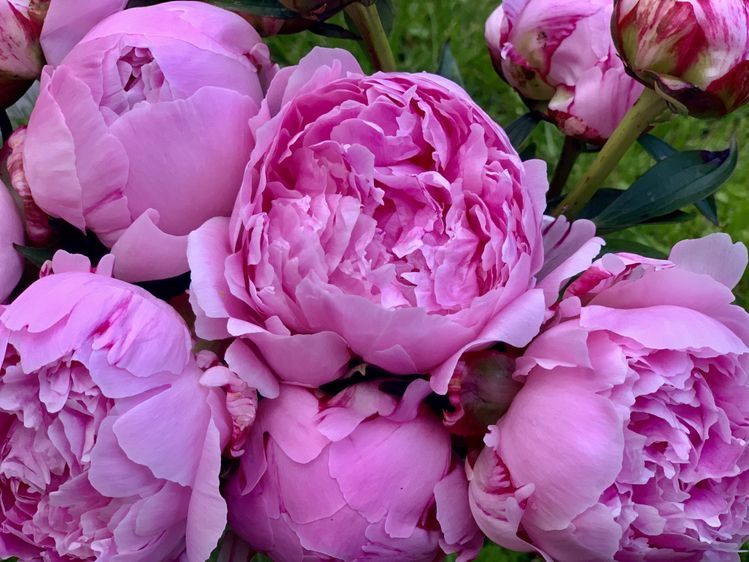

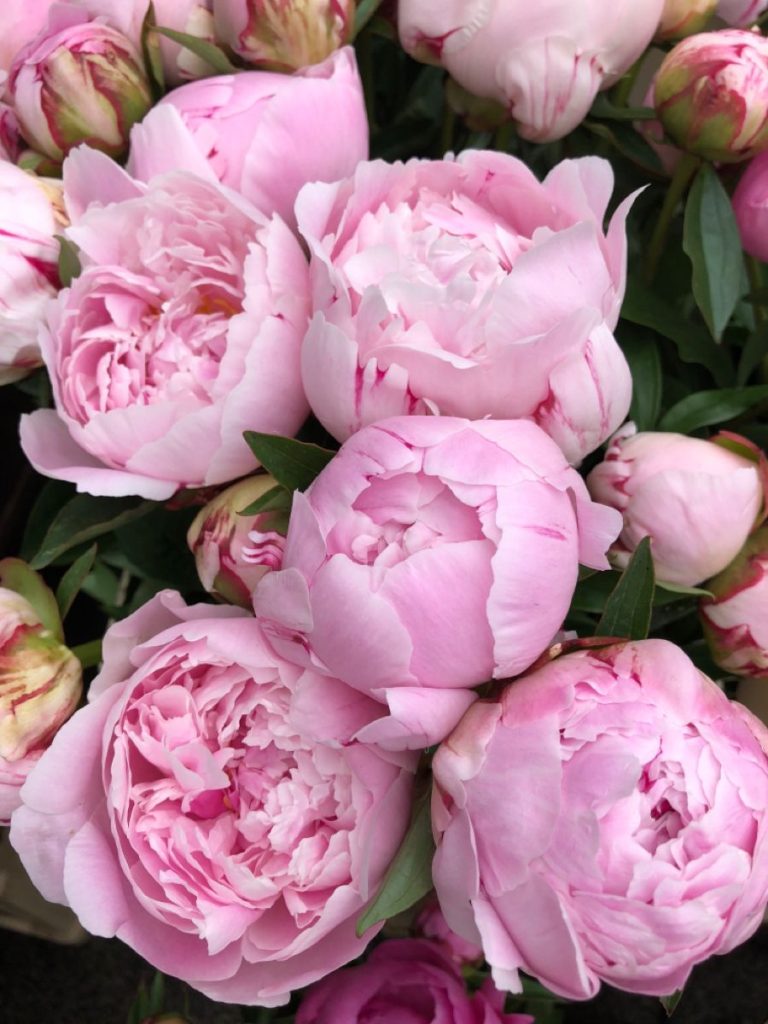
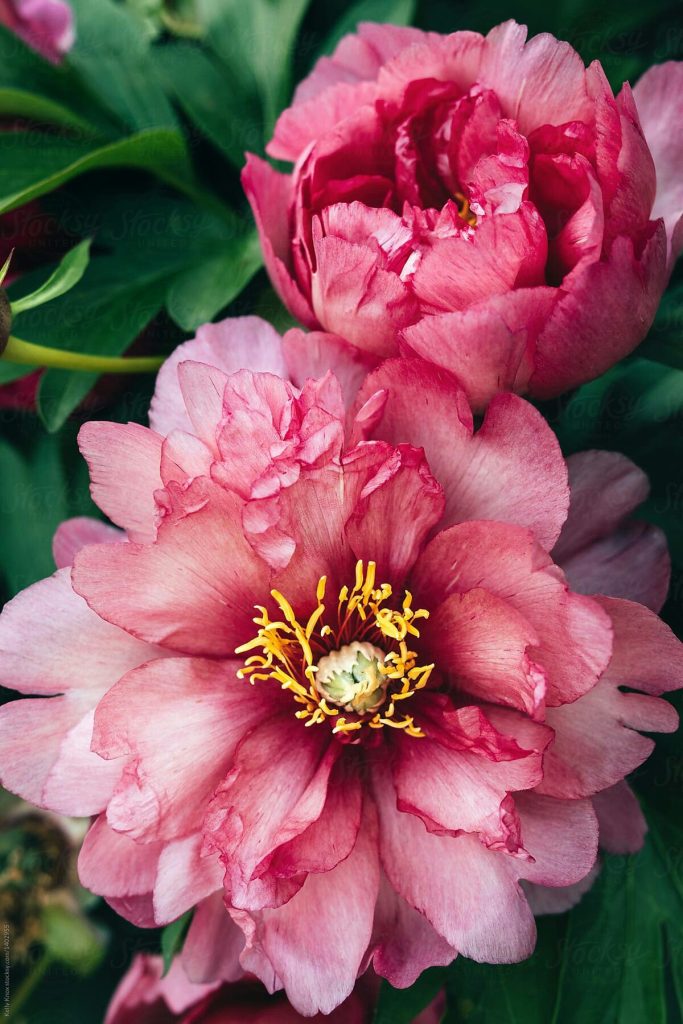
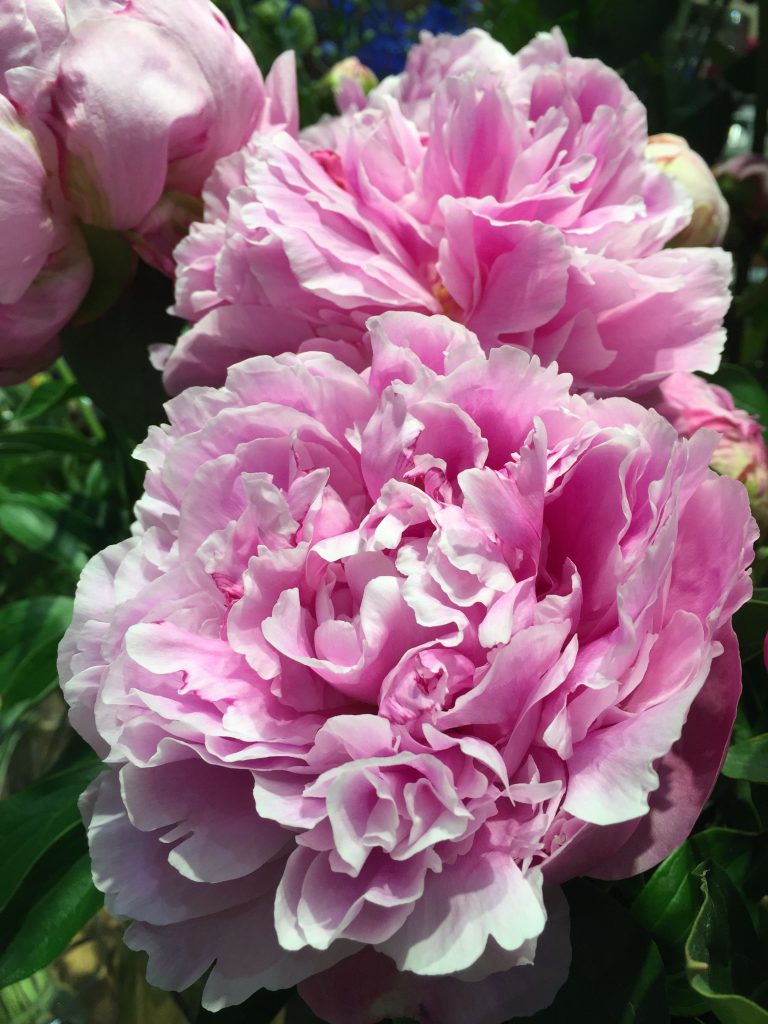

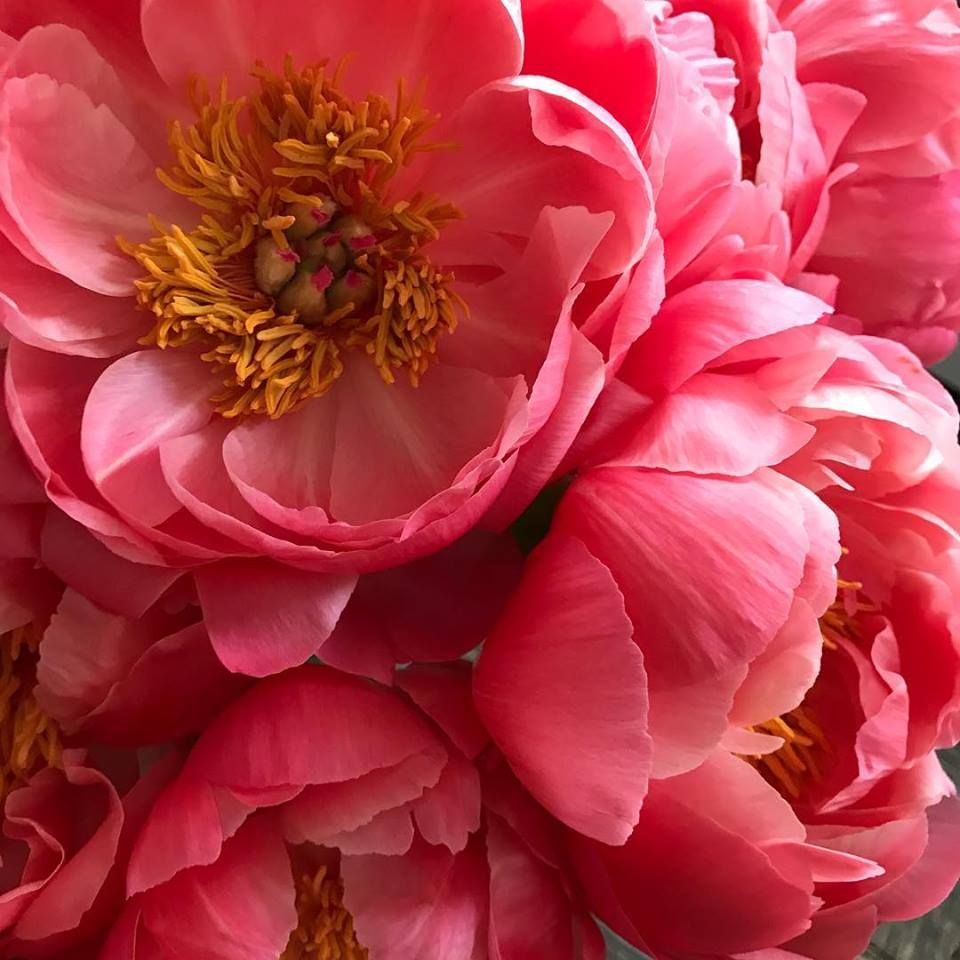
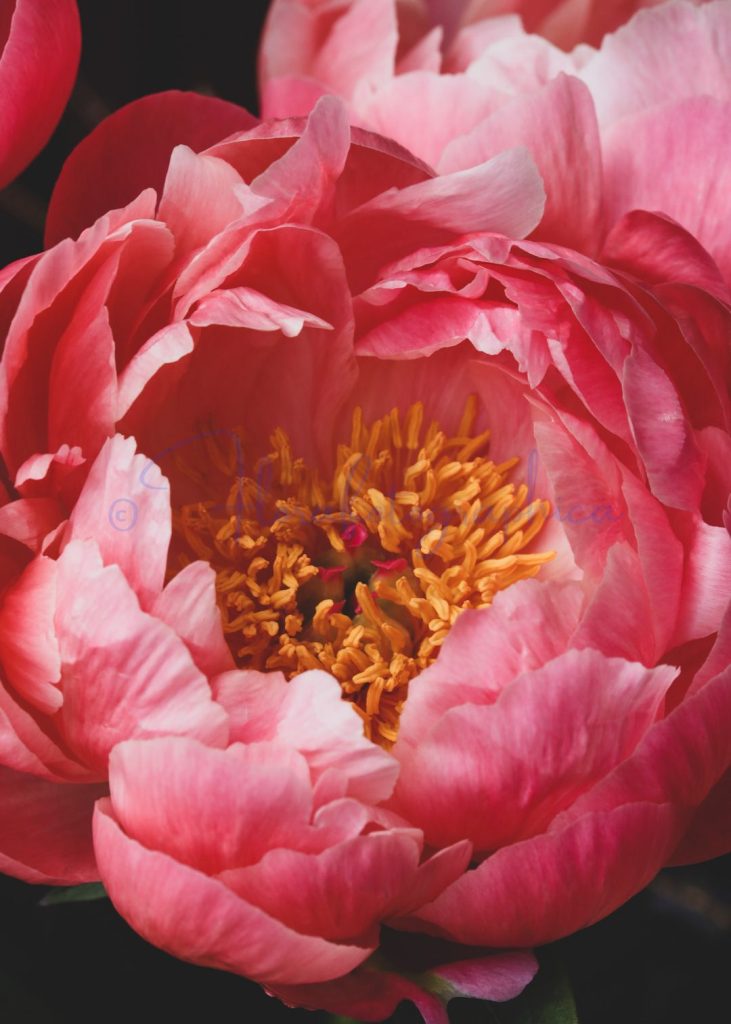


Understand the Nutritional Needs of Your Plants
Tip: Before choosing a fertilizer, it’s important to understand the nutritional needs of your plants. Different plants require different nutrients at various stages of growth. Look for fertilizers labeled with the specific N-P-K ratio (Nitrogen-Phosphorus-Potassium) that matches the needs of your plants.
Choose Between Organic and Synthetic Fertilizers
Tip: Decide whether you want to use organic or synthetic fertilizers in your garden. Organic fertilizers are derived from natural sources and release nutrients slowly over time, improving soil structure and promoting beneficial microbial activity. Synthetic fertilizers are manufactured and provide a quick nutrient boost but may not improve soil health in the long run.
Consider Slow-Release vs. Water-Soluble Fertilizers
Tip: Choose between slow-release and water-soluble fertilizers based on your gardening preferences and needs. Slow-release fertilizers deliver nutrients gradually over an extended period, requiring less frequent application. Water-soluble fertilizers dissolve quickly in water and provide an immediate nutrient boost, but may need to be applied more frequently.
Check for Additional Nutrients and Micronutrients
Tip: Look for fertilizers that contain additional nutrients and micronutrients, such as calcium, magnesium, and iron, which are essential for plant health. These nutrients can help address specific deficiencies in your soil and promote balanced growth.
Consider Environmental Impact
Tip: Consider the environmental impact of the fertilizer you choose. Organic fertilizers are generally more environmentally friendly than synthetic fertilizers, as they are derived from renewable resources and promote sustainable gardening practices. Look for fertilizers labeled as eco-friendly or low-impact to minimize your garden’s environmental footprint.
Test Your Soil
Tip: Conduct a soil test to determine the pH level and nutrient content of your soil before applying fertilizer. Soil tests can help you identify any deficiencies or imbalances that need to be addressed, allowing you to choose a fertilizer that will correct these issues and promote healthy plant growth.
Read Reviews and Recommendations
Tip: Read reviews and seek recommendations from fellow gardeners or gardening experts to help you choose a fertilizer that has proven effective and reliable. Personal experiences and testimonials can provide valuable insights into the performance and quality of different fertilizers.
Consider Specialized Fertilizers for Specific Plants
Tip: For specific plants or types of gardens, such as roses, vegetables, or container gardens, consider using specialized fertilizers designed to meet their unique needs. These specialized fertilizers are formulated with the specific nutrients and micronutrients that these plants require for optimal growth and performance.
Follow Application Instructions Carefully
Tip: Always follow the application instructions provided on the fertilizer packaging carefully to ensure safe and effective use. Over-fertilizing can harm your plants and negatively impact soil health, so it’s important to apply the correct amount and at the right time.
Conclusion
Choosing the right fertilizer for your garden doesn’t have to be a daunting task. By understanding the nutritional needs of your plants, deciding between organic and synthetic options, considering slow-release vs. water-soluble fertilizers, checking for additional nutrients and micronutrients, and taking into account the environmental impact, you can make an informed decision that will promote healthy growth and vibrant blooms in your garden. Remember to test your soil, read reviews, consider specialized fertilizers, and follow application instructions carefully to ensure the best results. With the right fertilizer, you can nurture your plants and enjoy a garden that thrives with beauty and vitality. So take the time to choose wisely, and watch your garden flourish!